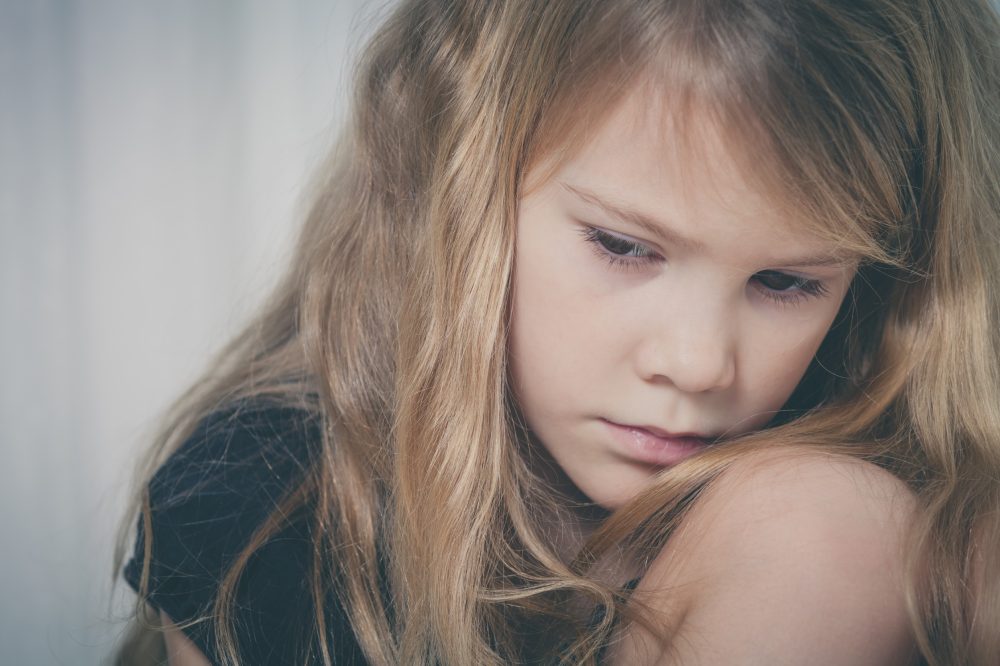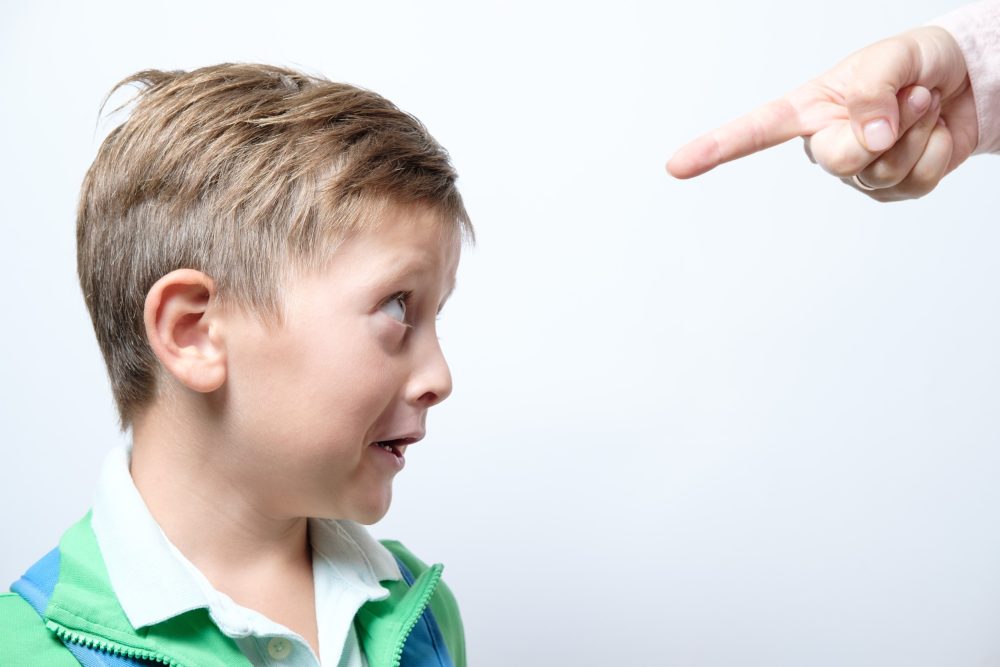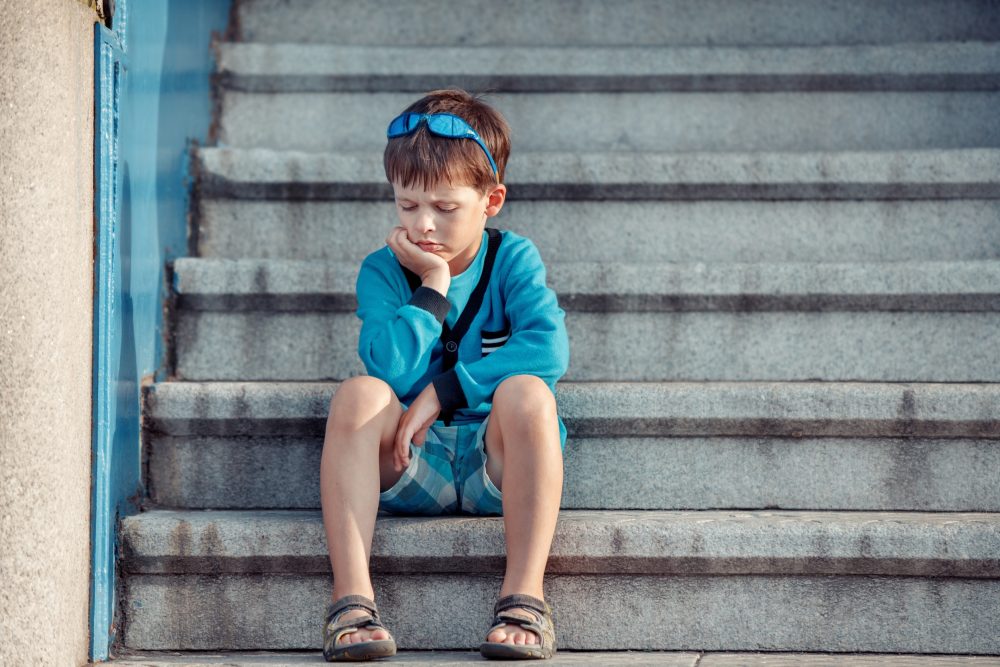
Friendships are a big part of growing up, and they can shape everything from your child’s self-esteem to their ability to navigate conflict and trust others. But how can a parent tell whether a friendship is lifting their child up or dragging them down? Kids don’t always have the words to explain what’s happening in their social circles, which is why being able to spot the signs of a healthy friendship—and the warning signs of an unhealthy one—is so important. The right friendships can help your child thrive emotionally, socially, and even academically. Let’s break down the clues that a friendship is working well and the red flags that might require a closer look.
1. They Feel Comfortable Being Themselves
A key sign of a healthy friendship is that your child doesn’t feel like they have to change who they are to fit in. They’re able to express their thoughts, preferences, and interests without fear of being made fun of. Whether they’re into sports, drawing, or dinosaurs, a real friend celebrates those quirks. If your child talks freely and acts like themselves around their friend, that’s a great indicator of safety and trust. This kind of comfort builds confidence that can spill over into other areas of life.
2. There’s Mutual Respect
In a healthy friendship, both kids treat each other with kindness and consideration. They listen to each other’s ideas, take turns when playing, and resolve disagreements fairly and respectfully. You won’t see constant one-sided decision-making or power struggles. Instead, there’s a give-and-take that helps both kids feel valued. When respect is mutual, your child learns how to stand up for themselves and consider others’ needs at the same time.
3. They Cheer Each Other On
Another sign that your child has a healthy friendship is that their friend celebrates their wins rather than competes with or minimizes them. Whether it’s a good grade, a soccer goal, or learning to ride a bike, a real friend cheers them on. You may hear your child talk about how proud their friend was or how happy they felt sharing a success. That kind of support fosters emotional security and reduces feelings of jealousy or comparison. Friends who root for each other tend to build each other up over time.
4. They Handle Conflict in Positive Ways
Even the best friendships come with disagreements, but in a healthy friendship, kids find ways to work through those moments. Instead of ignoring problems or yelling, they might take a break and then talk things out. They’re learning how to apologize, compromise, and move forward without holding grudges. If your child seems to bounce back from fights without lingering resentment, that’s a great sign. Conflict resolution is a powerful skill to learn early.
5. They Laugh a Lot and Look Forward to Time Together
Joy is a cornerstone of a healthy friendship. If your child is excited to see their friend and often comes home with stories about shared jokes, games, or silly adventures, that’s a sign the relationship brings them happiness. They may even want to plan playdates or talk about their friend with genuine enthusiasm. These positive interactions help reduce stress and increase feelings of connection and belonging. A friendship filled with laughter is often a friendship that’s working.
6. They Feel Supported During Hard Times
A real friend shows up when things aren’t going great. If your child talks about how their friend helped them when they were sad or stood up for them during a tough moment, that’s a powerful clue. Healthy friendships include emotional support, especially during stressful events like a bad grade or playground drama. When kids learn they can count on a friend during hard times, it helps build resilience and emotional intelligence. Supportive friendships teach kids that they’re not alone.
7. There’s Consistency Without Possessiveness
Consistency matters, but so does balance. If your child’s friend regularly shows up for planned activities and keeps promises without making your child feel guilty for spending time with others, you’re likely witnessing a healthy friendship. These friendships allow room for other relationships and individual interests without jealousy. It’s a good sign when a child feels free—not controlled—by their social connections. That independence builds strong, self-aware kids who can navigate relationships confidently.
Red Flag 1: Frequent Put-Downs or Name-Calling
Playful teasing is one thing, but if your child is regularly being called names, belittled, or made to feel small, the friendship may not be as healthy as it seems. Pay attention if your child seems deflated after time with a friend or mimics unkind language. Consistent put-downs can erode self-esteem and create confusion about acceptable behavior. A healthy friendship uplifts rather than tears down. If you hear this type of talk, it’s time to check in.
Red Flag 2: Emotional Control or Guilt
If a friend makes your child feel guilty for having other friends or pressures them to constantly “prove” loyalty, that’s a warning sign. Emotional control, such as silent treatment or threats to end the friendship unless demands are met, isn’t normal or healthy. It can make your child anxious or unsure of themselves. A strong friendship includes space for other relationships and respects boundaries. If your child seems anxious about upsetting their friend, dig deeper.
Red Flag 3: Your Child Is Afraid to Say No
Healthy friendships allow kids to express themselves, even when they disagree. If your child never speaks up, feels forced into things, or gets in trouble trying to impress a friend, there may be an imbalance of power. This kind of pressure can lead to poor decision-making and long-term stress. Watch for signs your child is afraid to say no or avoids talking about their time with a certain friend. Helping them set boundaries now can prevent bigger issues later.
Helping Kids Navigate Real Friendship
Understanding what makes a healthy friendship—and recognizing what doesn’t—is one of the best tools a parent can offer. By paying attention to how your child feels before, during, and after spending time with a friend, you can catch subtle signs of support or concern. Healthy friendships can boost confidence, reduce anxiety, and teach lifelong relationship skills. The goal isn’t to micromanage every playdate, but to stay present and supportive as your child learns to choose relationships that lift them up.
What’s the biggest sign you’ve noticed that your child has a strong friendship—or a not-so-great one? Share your stories in the comments!
Read More:
10 Things Parents Should NEVER Assume About Their Kid’s Friends
When Friends Cross the Line: Handling Bossy Playdates
Catherine is a tech-savvy writer who has focused on the personal finance space for more than eight years. She has a Bachelor’s in Information Technology and enjoys showcasing how tech can simplify everyday personal finance tasks like budgeting, spending tracking, and planning for the future. Additionally, she’s explored the ins and outs of the world of side hustles and loves to share what she’s learned along the way. When she’s not working, you can find her relaxing at home in the Pacific Northwest with her two cats or enjoying a cup of coffee at her neighborhood cafe.









